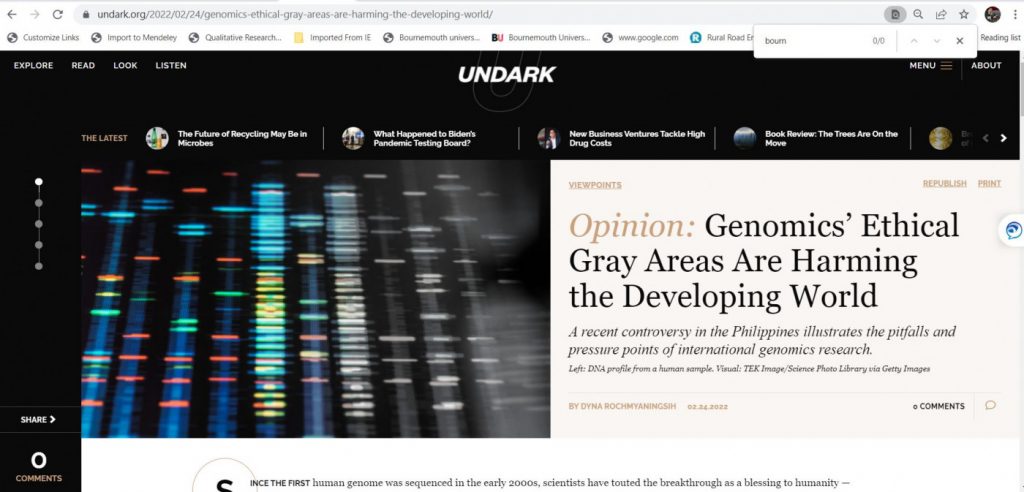 In late 2021 I was contacted by an Indonesian science journalist, Dyna Rochmyaningsih, who was investigating the ethics around international studies on human population genetics to build expand genomic libraries of people in the Global South. She highlights that “these international studies, often led by Western scientists, have contributed to a more global understanding of ancient patterns of human migration and evolution. But on some occasions, they’ve also sidestepped local regulatory agencies in the developing world, and ventured into murky research ethics terrain as a result”. The reason for contacting me was because we had published several papers here at Bournemouth University about the need for applying for ethical approval for research in developing countries [1-3]. I had a long Skype conversation with her about the various perspectives on the matter she was investigating
In late 2021 I was contacted by an Indonesian science journalist, Dyna Rochmyaningsih, who was investigating the ethics around international studies on human population genetics to build expand genomic libraries of people in the Global South. She highlights that “these international studies, often led by Western scientists, have contributed to a more global understanding of ancient patterns of human migration and evolution. But on some occasions, they’ve also sidestepped local regulatory agencies in the developing world, and ventured into murky research ethics terrain as a result”. The reason for contacting me was because we had published several papers here at Bournemouth University about the need for applying for ethical approval for research in developing countries [1-3]. I had a long Skype conversation with her about the various perspectives on the matter she was investigating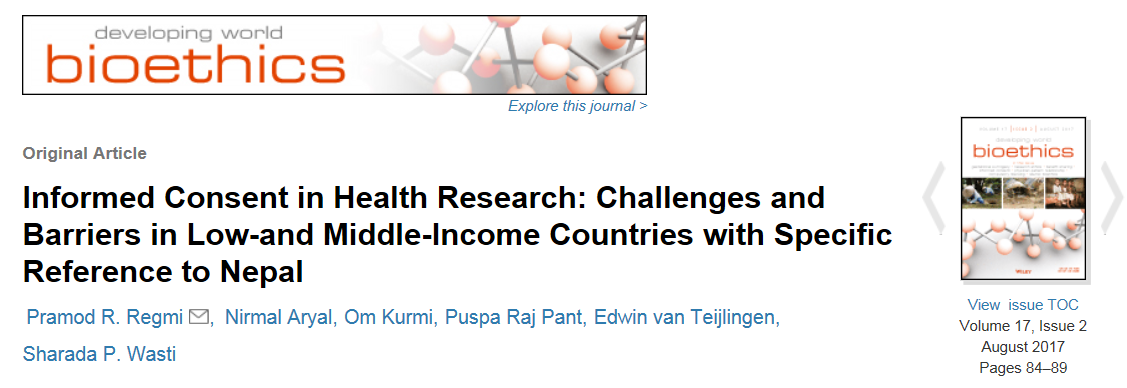 .
.
Today she emailed me that her piece ‘Opinion: Genomics’ Ethical Gray Areas Are Harming the Developing World. A recent controversy in the Philippines illustrates the pitfalls and pressure points of international genomics research‘ has been published online. In the email she made a really nice comment: “It was nice talking to you even though you might see that I disagree at some of your points. However, the discussion gave me insights that there is a wide disagreement on what considers ethical research.” I think that is what science should be all about, disagreements, discussions, disputes, etc. and, at the same time, learning from these disputes and gaining greater insight.
Prof. Edwin van Teijlingen
CMMPH
References:
-
Ethical approval in developing countries is not optional. Journal of Medical Ethics 38(7):428-30. doi: 10.1136/medethics-2011-100123. Epub 2012 Feb 16.PMID: 22345548
-
van Teijlingen, E., Simkhada, P. (2015). Failure to Apply for Ethical Approval for Health Studies in Low-Income Countries. Nepal Journal of Epidemiology, 5(3), 511–515. https://doi.org/10.3126/nje.v5i3.13609
-
Regmi, P. R., Aryal, N., Kurmi, O., Pant, P. R., van Teijlingen, E., & Wasti, S. P. (2017). Informed Consent in Health Research: Challenges and Barriers in Low-and Middle-Income Countries with Specific Reference to Nepal. Developing World Bioethics, 17(2), 84–89. https://doi.org/10.1111/dewb.12123
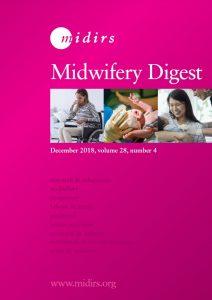
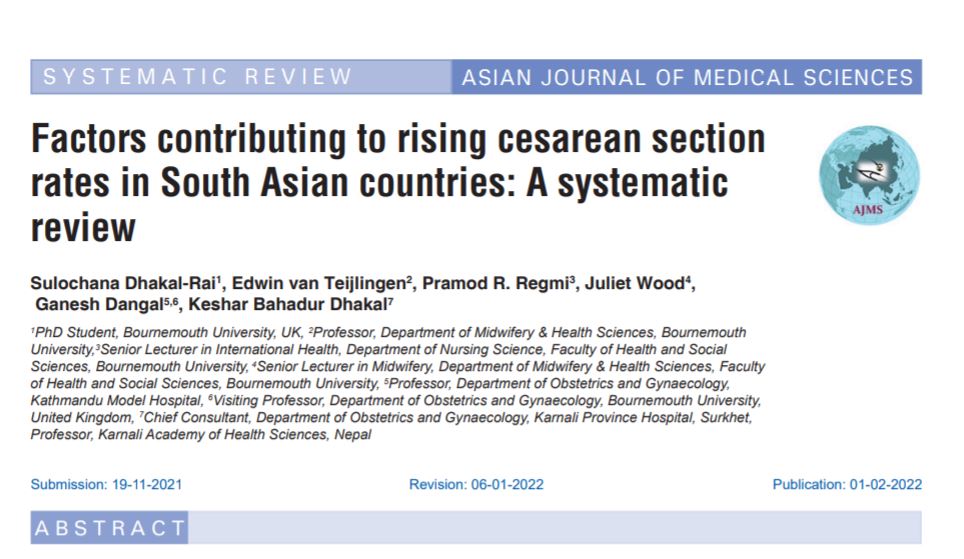 Congratulations to Bournemouth University’s PhD student Sulochana Dhakal-Rai on the publication today of the latest paper from her research thesis. This latest paper ‘
Congratulations to Bournemouth University’s PhD student Sulochana Dhakal-Rai on the publication today of the latest paper from her research thesis. This latest paper ‘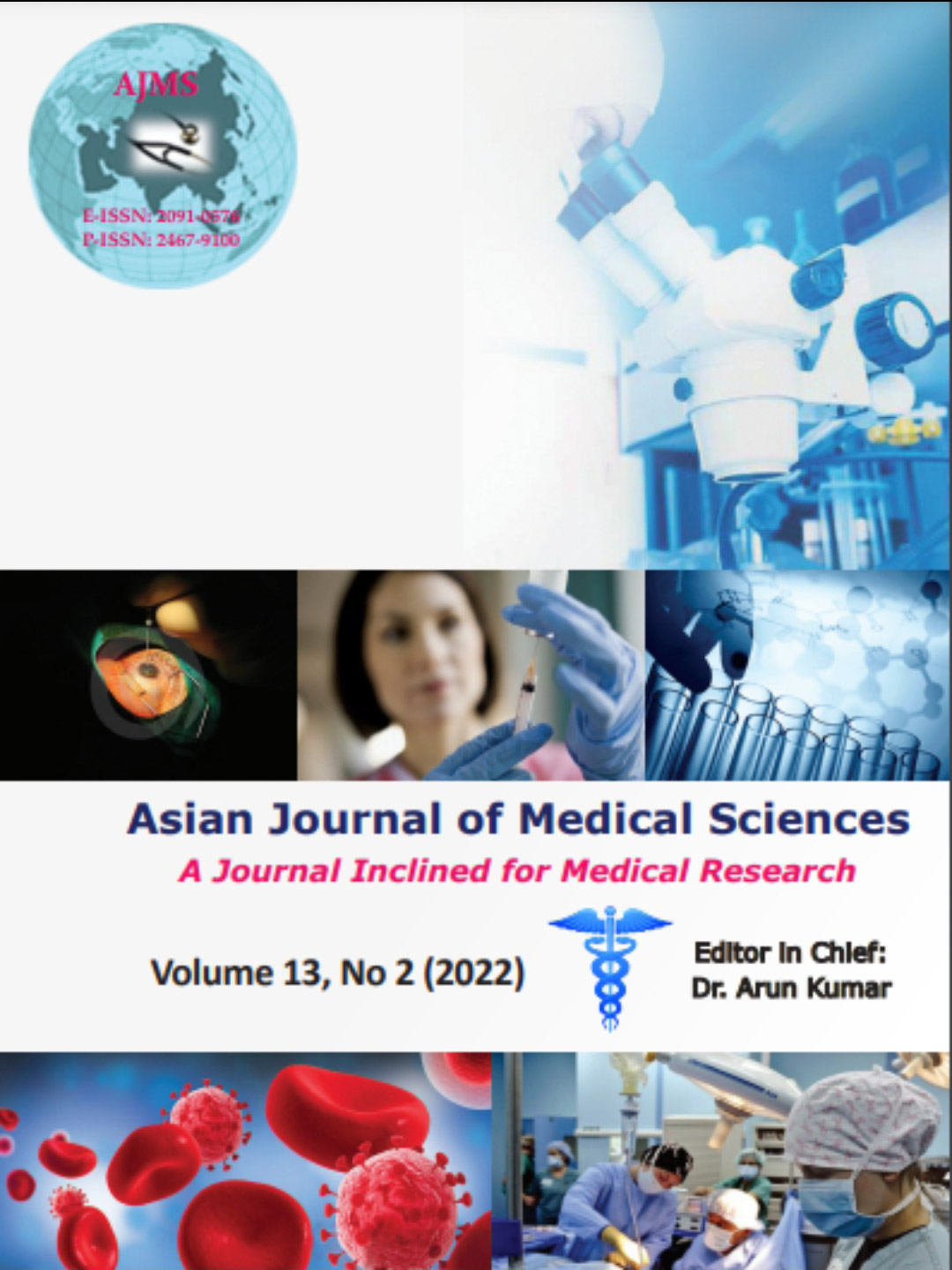 The paper is part of her PhD study of the rising CS rate in Nepal. This systematic review is co-authored with her BU PhD supervisors, Dr. Juliet Wood, Dr. Pramod Regmi and Prof. Edwin van Teijlingen as well as her Nepal-based supervisors Dr. Ganesh Dangel (FHSS Visiting Faculty) and Dr. Keshar Bahadur Dhakal. This is the sixth paper from Sulochana’s interesting and highly topical PhD thesis. The previous five were published in 2018, 2019 and 2021 [2-6].
The paper is part of her PhD study of the rising CS rate in Nepal. This systematic review is co-authored with her BU PhD supervisors, Dr. Juliet Wood, Dr. Pramod Regmi and Prof. Edwin van Teijlingen as well as her Nepal-based supervisors Dr. Ganesh Dangel (FHSS Visiting Faculty) and Dr. Keshar Bahadur Dhakal. This is the sixth paper from Sulochana’s interesting and highly topical PhD thesis. The previous five were published in 2018, 2019 and 2021 [2-6].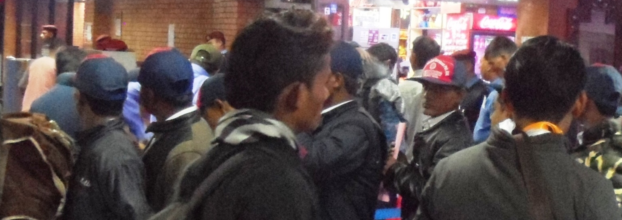

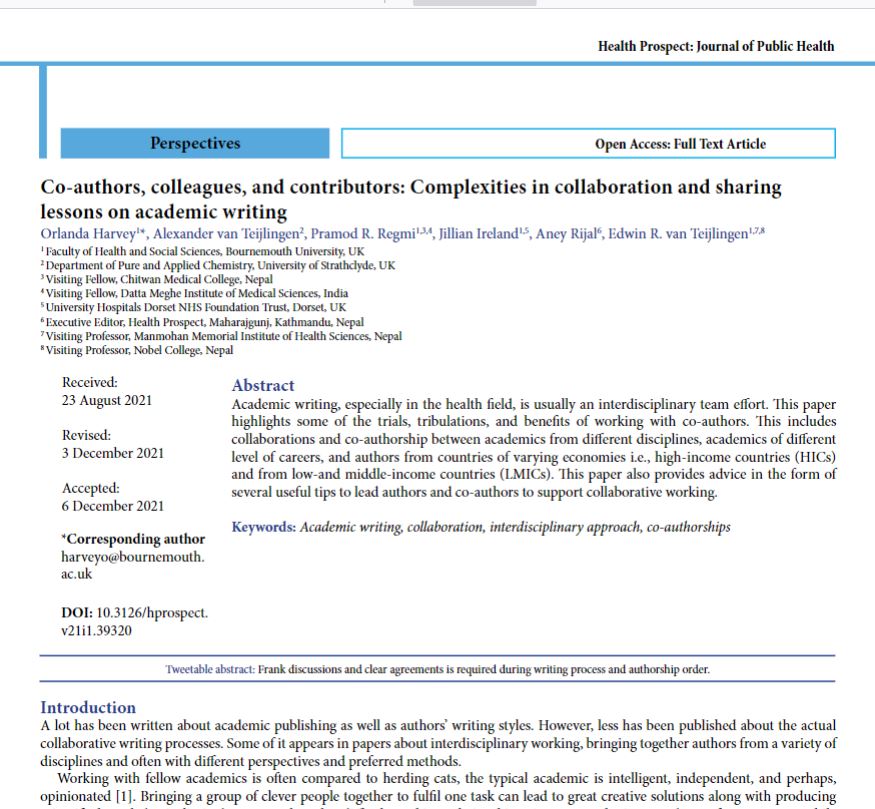
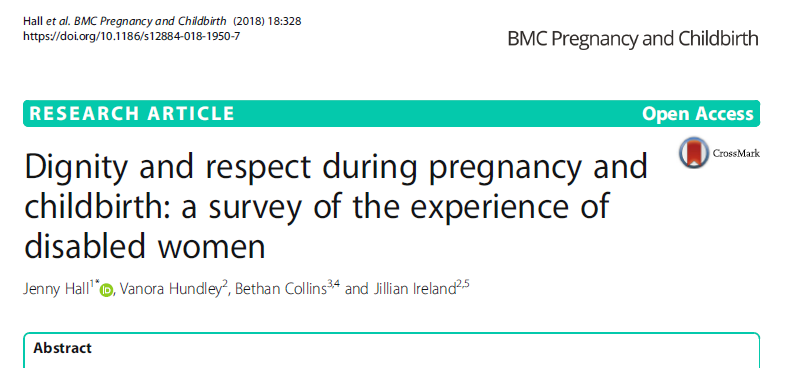
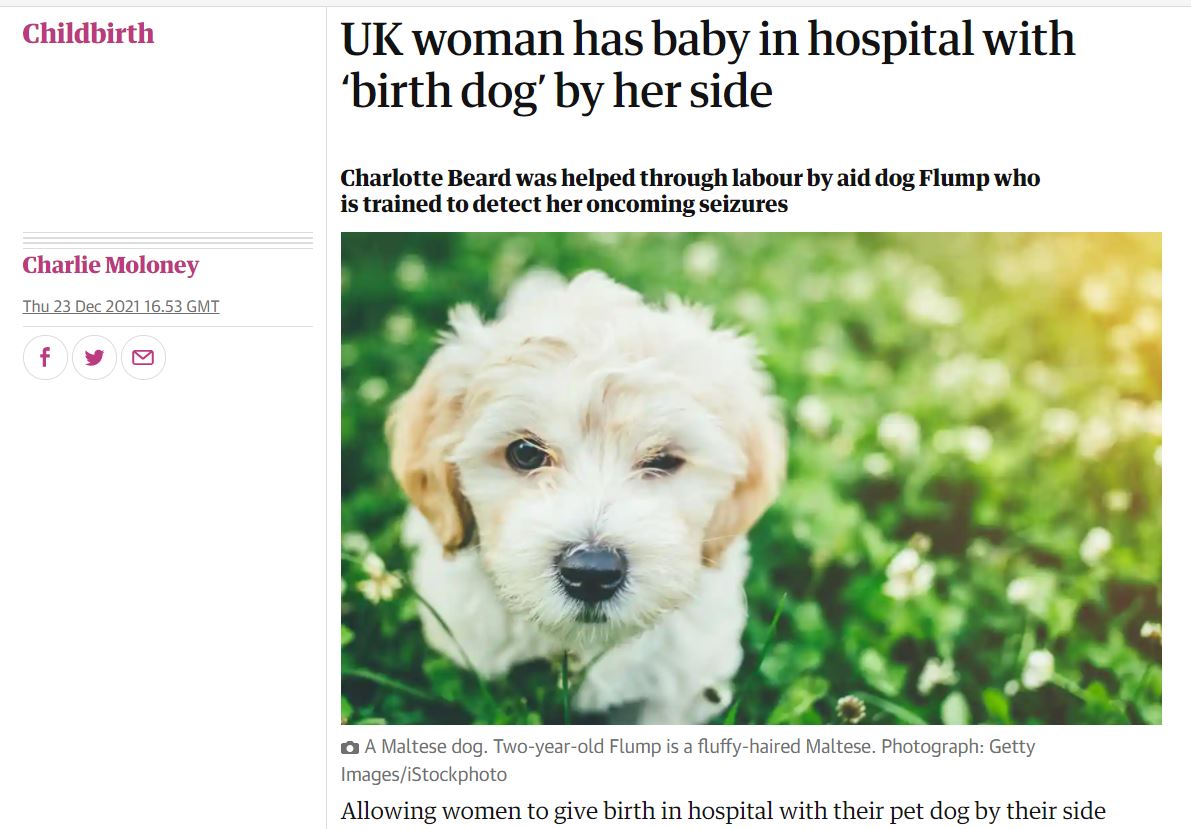
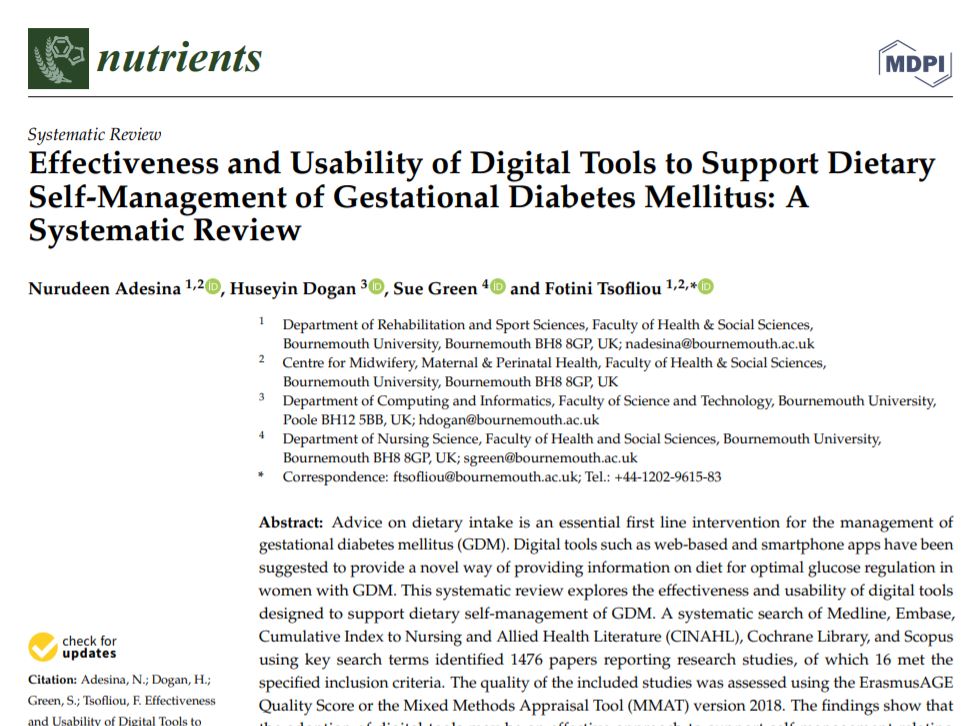
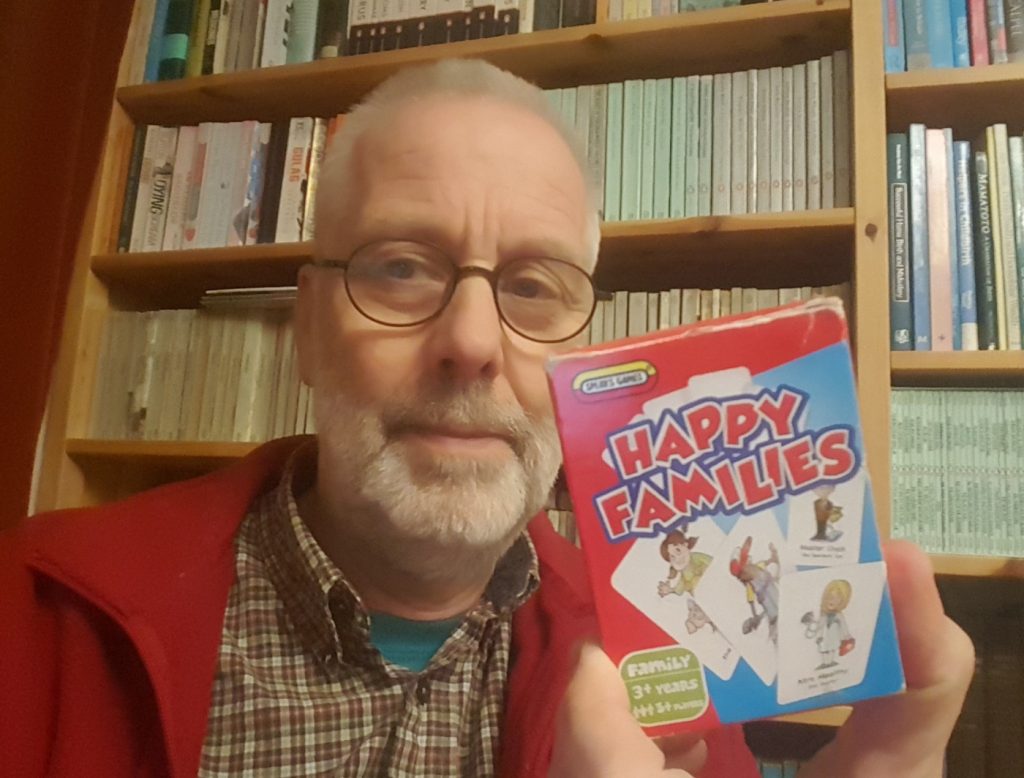
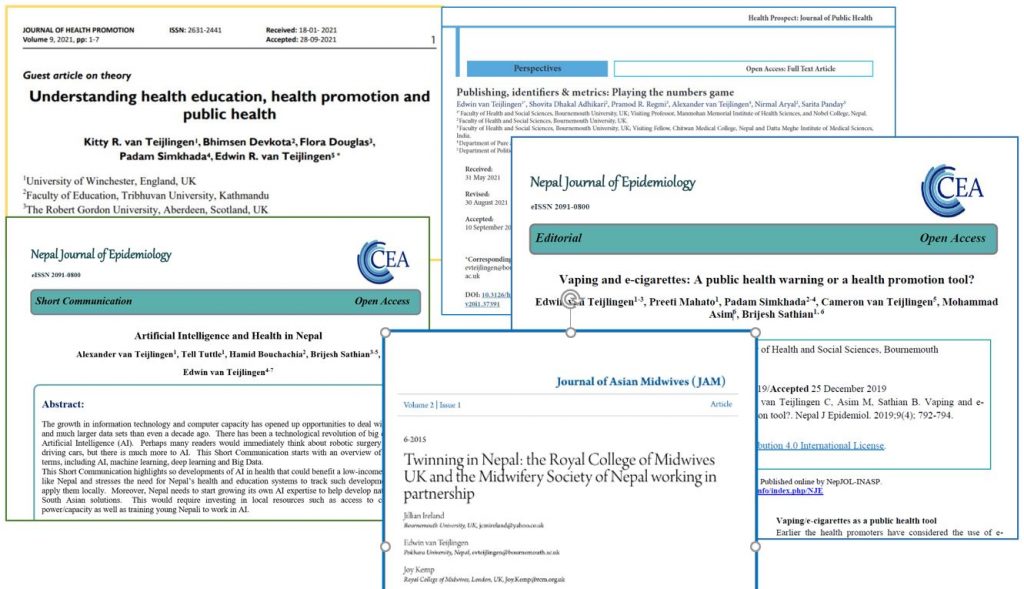

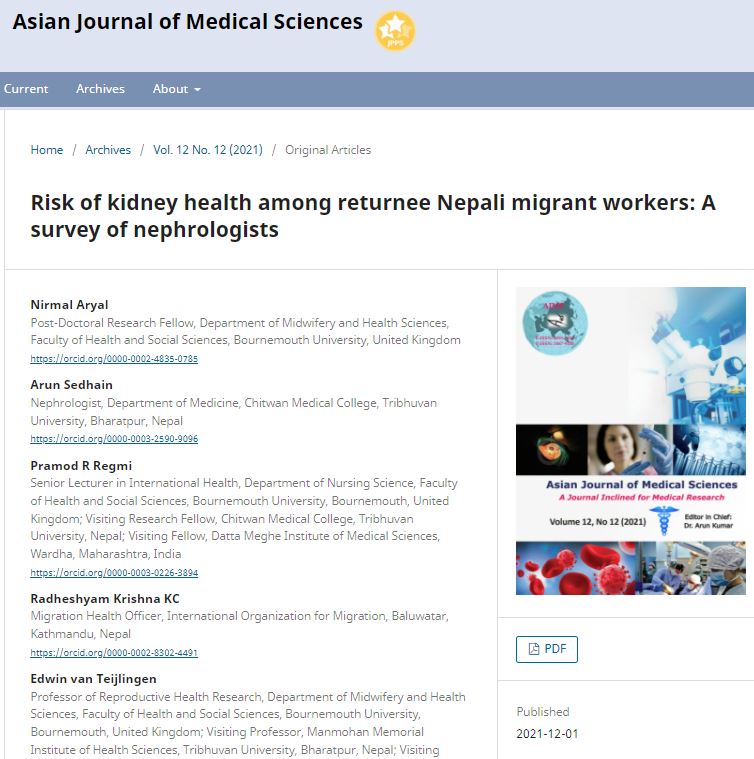

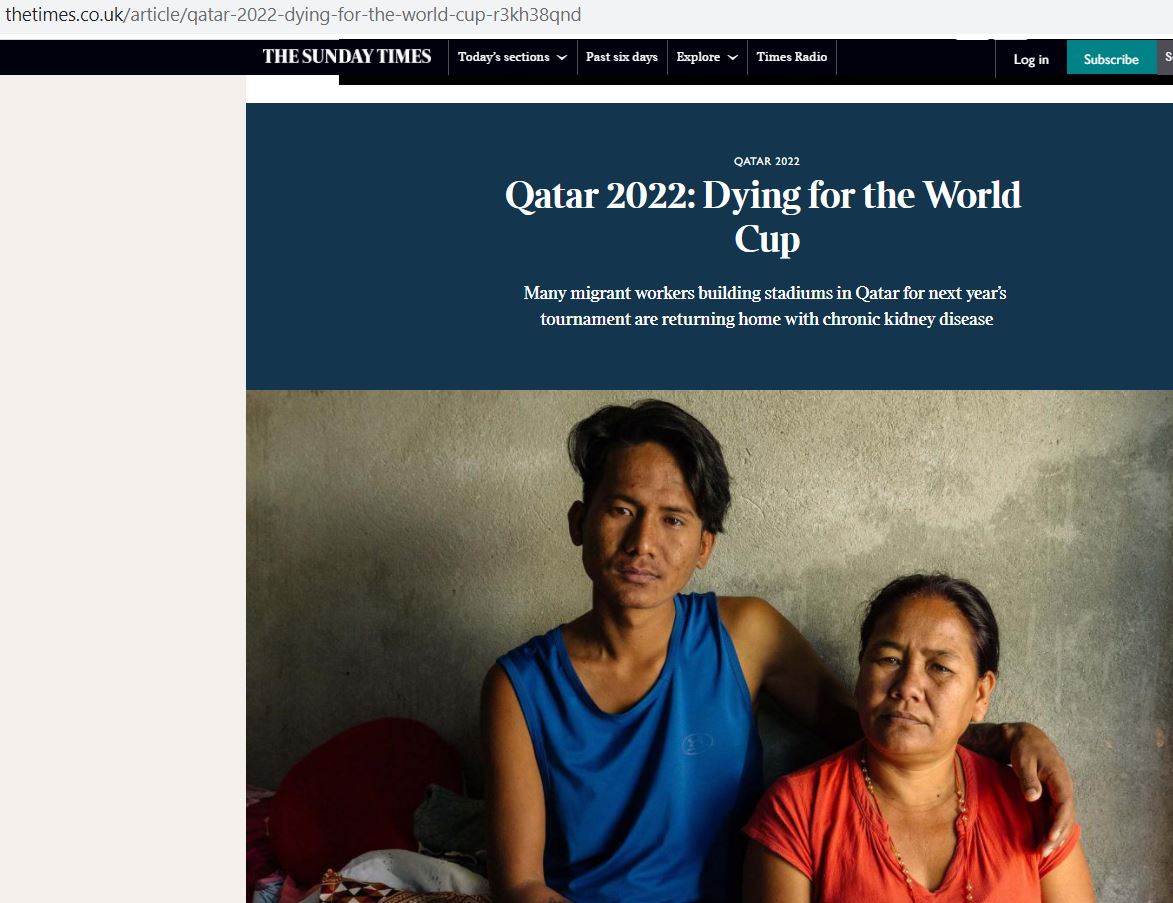


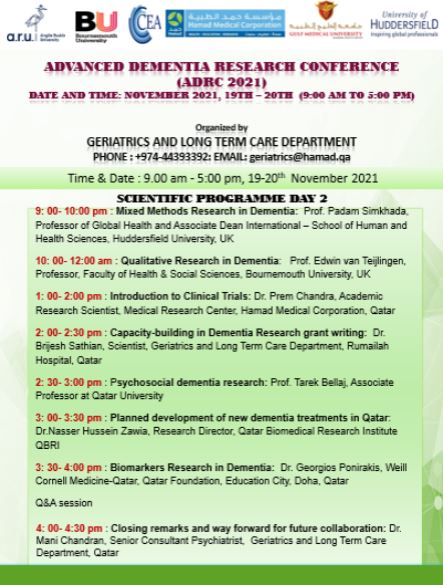
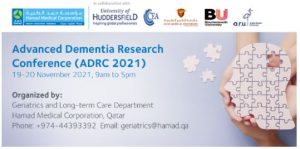
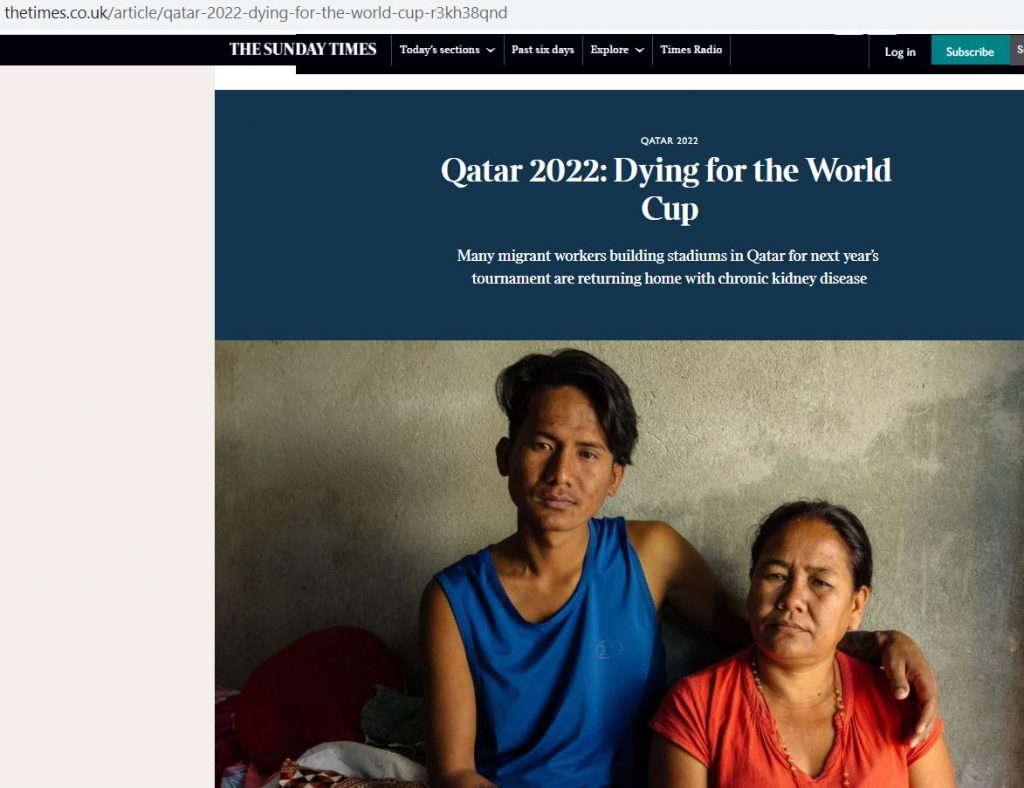

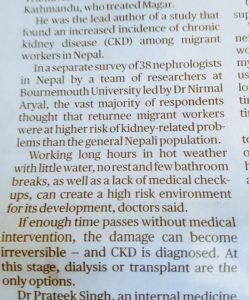
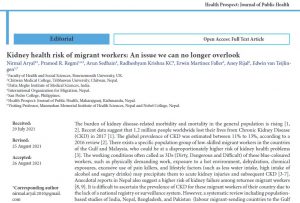
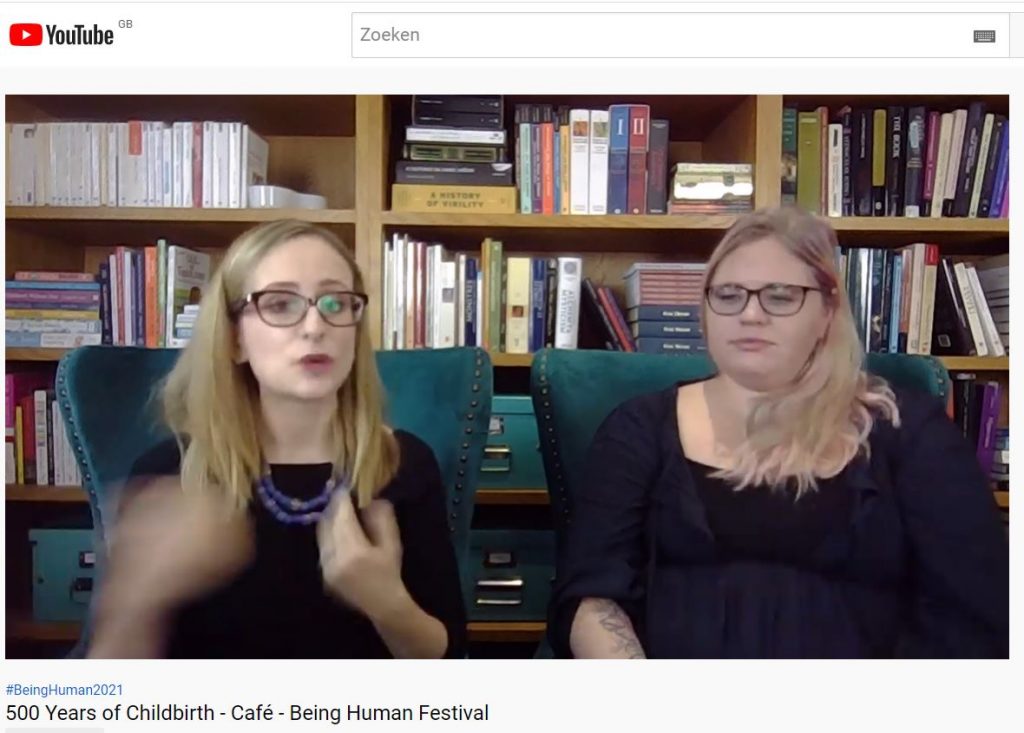
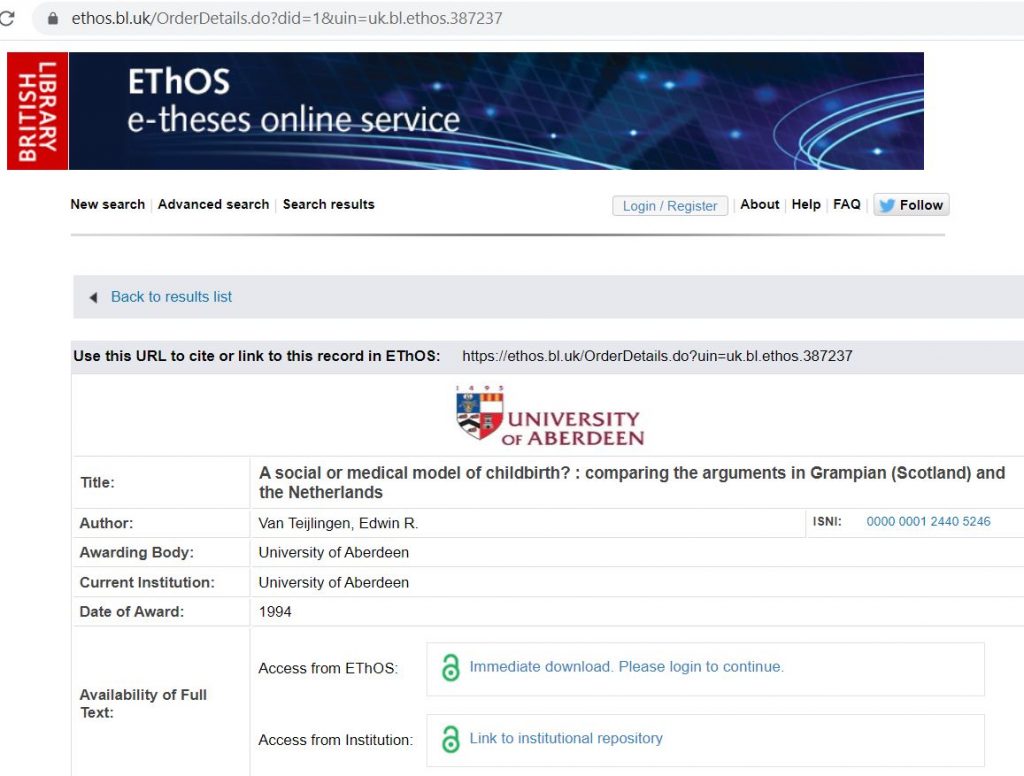
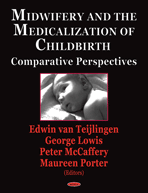
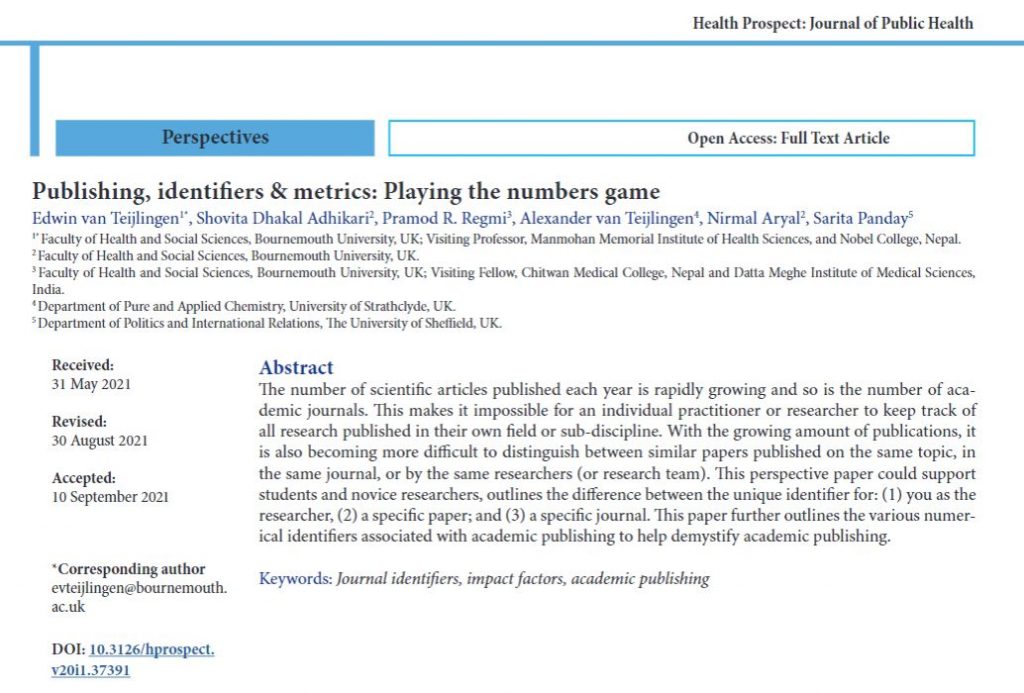
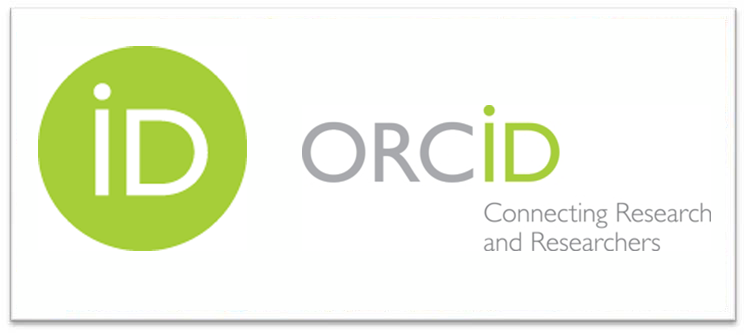

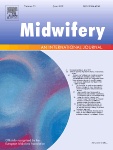
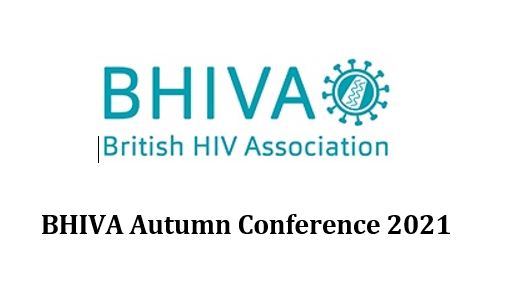


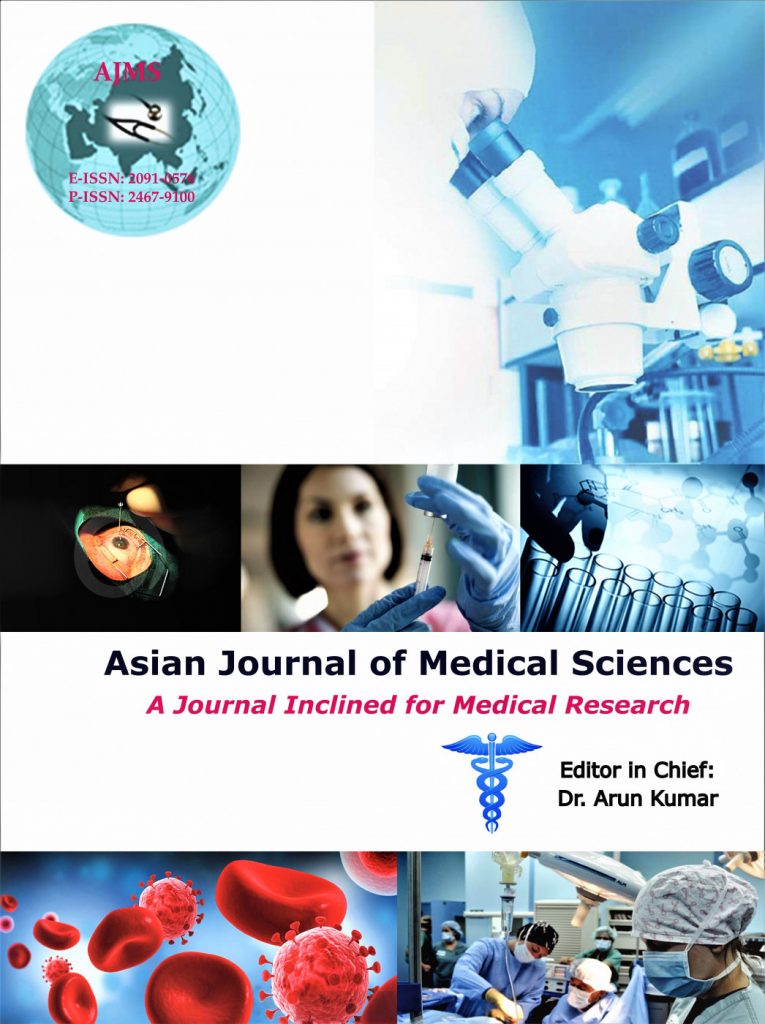











 Dr. Ashraf cited on ‘Modest Fashion’ in The Guardian
Dr. Ashraf cited on ‘Modest Fashion’ in The Guardian NIHR-funded research launches website
NIHR-funded research launches website Academics write for newspaper in Nepal
Academics write for newspaper in Nepal New paper published on disability in women & girls
New paper published on disability in women & girls Global Consortium for Public Health Research 2025
Global Consortium for Public Health Research 2025 MSCA Postdoctoral Fellowships 2025 Call
MSCA Postdoctoral Fellowships 2025 Call ERC Advanced Grant 2025 Webinar
ERC Advanced Grant 2025 Webinar Horizon Europe Work Programme 2025 Published
Horizon Europe Work Programme 2025 Published Horizon Europe 2025 Work Programme pre-Published
Horizon Europe 2025 Work Programme pre-Published Update on UKRO services
Update on UKRO services European research project exploring use of ‘virtual twins’ to better manage metabolic associated fatty liver disease
European research project exploring use of ‘virtual twins’ to better manage metabolic associated fatty liver disease